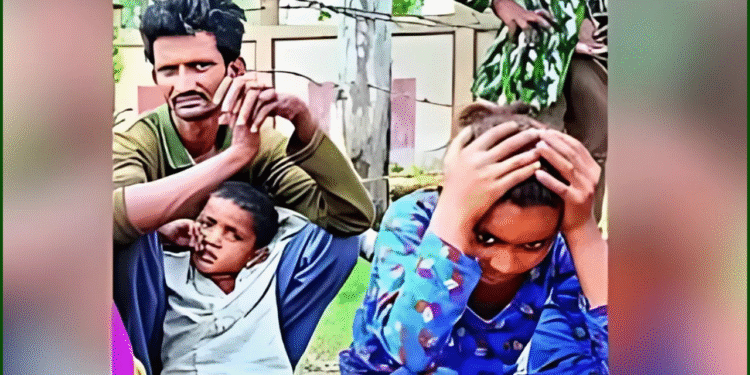Pakistan authorities announced the temporary reopening of the Wagah-Attari border crossing on Friday to allow the safe return of Pakistani citizens stranded in India, emphasizing humanitarian priorities. The decision follows a border closure on April 30, triggered by escalating tensions between the two nations.
On the first day of the reopening, 28 Pakistani nationals crossed back into Pakistan through the Wagah border. However, no Indian citizens were reported to have returned to India during this period. The move was prompted by reports of Pakistani citizens facing abrupt visa cancellations in India, leaving many in distress, including those undergoing medical treatments.
A statement from Pakistan’s Ministry of Foreign Affairs highlighted the plight of returning citizens, many of whom were forced to leave India under challenging circumstances. “Some of our citizens were compelled to abandon critical healthcare due to sudden visa revocations,” the ministry noted. The cancellations have also led to heart-wrenching family separations, with some parents unable to reunite with their children.
One such case involved a Lahore resident, Ayesha Bibi, who waited at the border for her son’s return. She shared that her son, a student in India, was deported without warning, leaving behind his belongings and academic commitments. “This is not just about borders; it’s about breaking families apart,” she said, visibly emotional.
Another returnee, Kamran Ali from Islamabad, recounted his experience of being detained briefly by Indian authorities before being sent back. “I was visiting relatives in India, but they told me my visa was no longer valid. I had to leave my elderly mother behind,” he said.
Pakistan’s Foreign Office has expressed its commitment to keeping the Wagah border open for repatriation purposes, urging Indian authorities to cooperate in ensuring the safe return of stranded citizens. “We are ready to welcome our people back home, but this process requires mutual coordination,” a spokesperson said.
Since the onset of the recent border tensions, officials report that 1,050 Pakistani citizens have returned from India, while approximately 1,600 Indian nationals have crossed into India from Pakistan. The numbers reflect the scale of disruption caused by the diplomatic standoff.
The humanitarian toll is particularly evident among families with cross-border ties. Stories of divided households, especially those involving cross-border marriages, have underscored the personal impact of the crisis. A mother from Multan, speaking anonymously, described her anguish over her daughter’s situation in India, where she remains separated from her husband due to visa issues.
As the Wagah border facilitates these bittersweet reunions, the broader diplomatic rift between Pakistan and India continues to cast a shadow. Pakistan’s gesture to reopen the crossing signals a call for compassion amid strained relations, with hopes that both sides can work together to alleviate the suffering of those caught in the crossfire.

















































